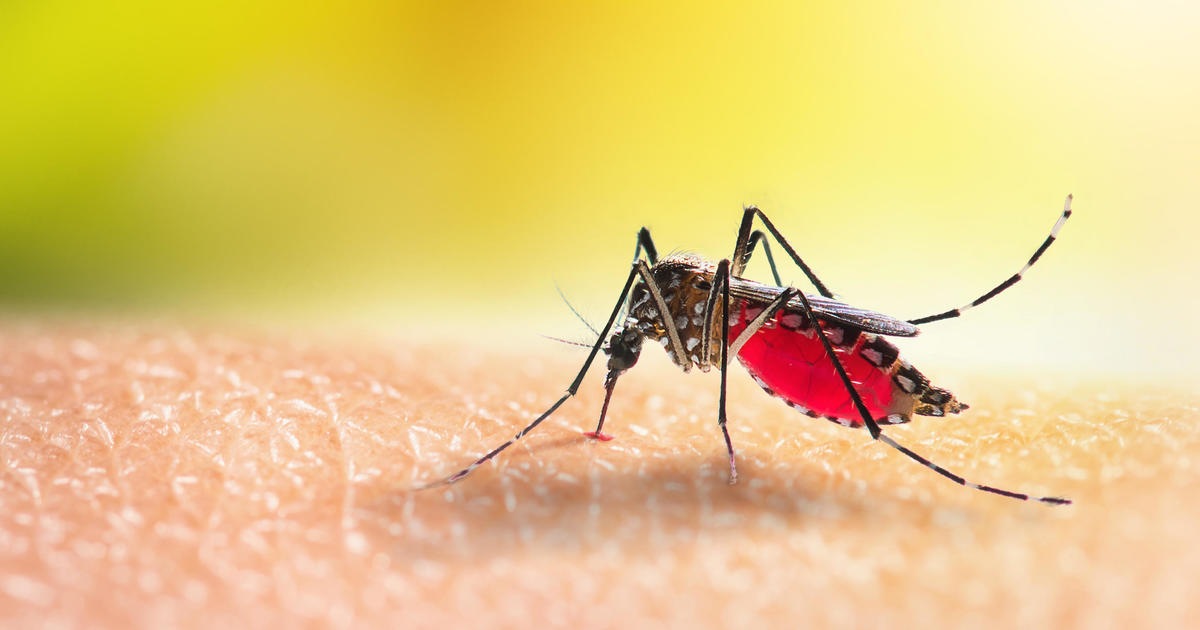Minnesota Infectious Disease Expert Discusses How To Prepare For Coronavirus
MINNEAPOLIS (WCCO) -- Health experts in Minnesota and around the country are closely monitoring the coronavirus after learning about the first death in the United States Saturday.
Dr. Michael Osterholm, the director of the Center for Infectious Disease Research and Policy (CIDRAP) at the University of Minnesota says right now we need to react to our reality, now that the positive cases of the coronavirus popped up in California, Oregon and Washington State this week.
He says the virus will continue to spread through the air and person to person contact quickly.
"It's no longer about trying to keep it out, it's really about how we're going to respond to it," Osterholm said. "We're going to see cases pop up all throughout the United States in the next 7 to 10 days."
With those statistics, people may want to panic, but Dr. Osterholm says don't.
Osterholm says 80 percent of cases will be mild with zero hospitalization, 20 percent of cases will be hospitalized, five to eight percent will be very severe cases, and two percent will die from the virus.
He says the "big picture" reason is this virus is hospitalizing and killing a small percent of people, mostly older people with underlying health conditions.
Dr. Osterholm says healthy people who contract this virus will most likely not have a severe reaction.
Then he said here in Minnesota, the state government has an emergency plan in place.
"I'm confident the state of Minnesota is going to be one of the most prepared states in the country, the governor and commissioner of health have all been very involved in doing what we call preparedness planning," Dr. Osterholm said.
Osterholm wrote a New York Times op-ed piece this past week about why the coronavirus is not a pandemic, but rather a rallying cry to come together to successfully ride out the spread of this virus and minimize the number of people impacted.
Part of being reactive is taking individual steps too. Dr. Osterholm suggests having a family plan in place, so everyone knows what do if someone gets sick.
Also buying non-perishable foods and extra medicines you may need in case you decide to work from home or limit your time in public.
Kids are also at risk of contract the disease, but may not show signs.
"Even though they're not sick, they are able to transmit the virus and that's going to mean maybe schools should be closed," Dr. Osterholm said.
Dr. Osterholm's tips for preparedness:
- Prepare health care workers to prevent infection among hospital workers.
- Work on finding places to treat people when we run out of beds in hospitals.
- Keep supplies steady for critical drugs.
- Have family check in on each other – what to do if you get sick.



